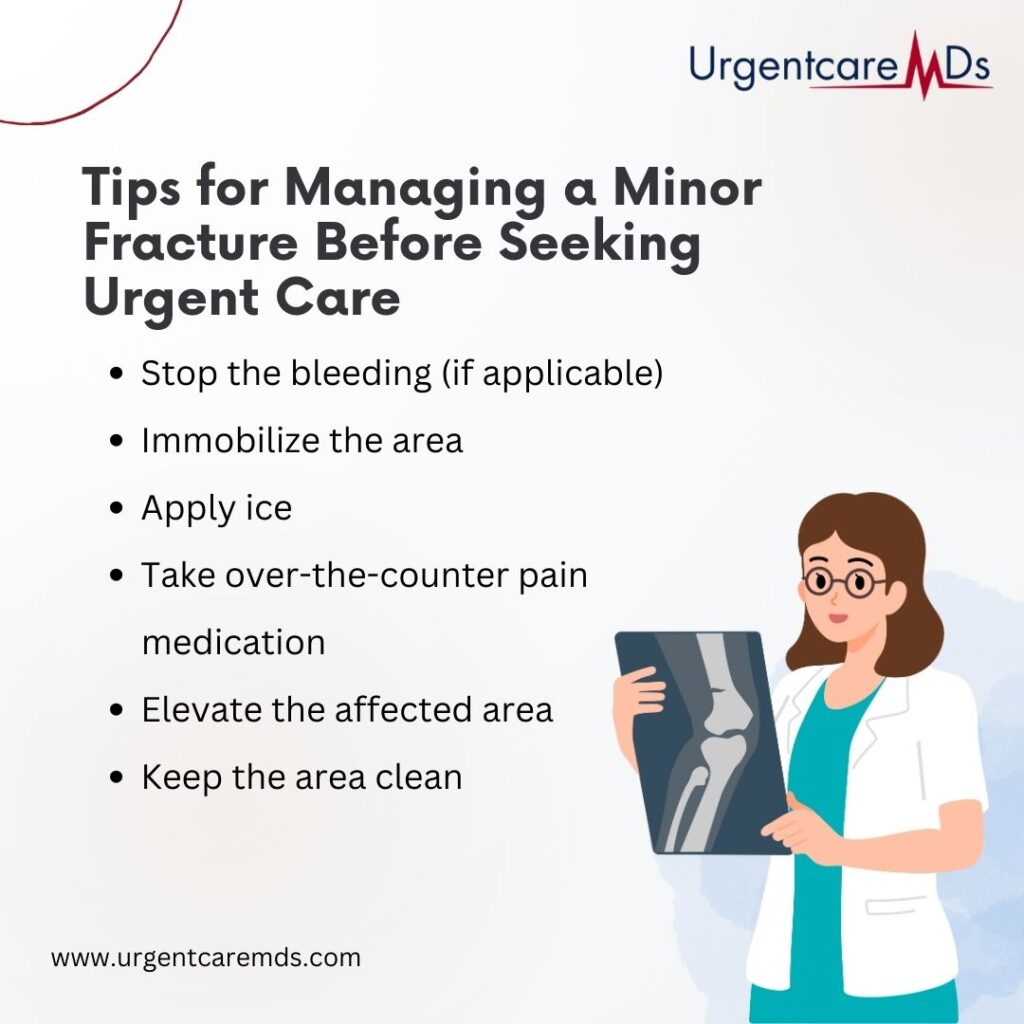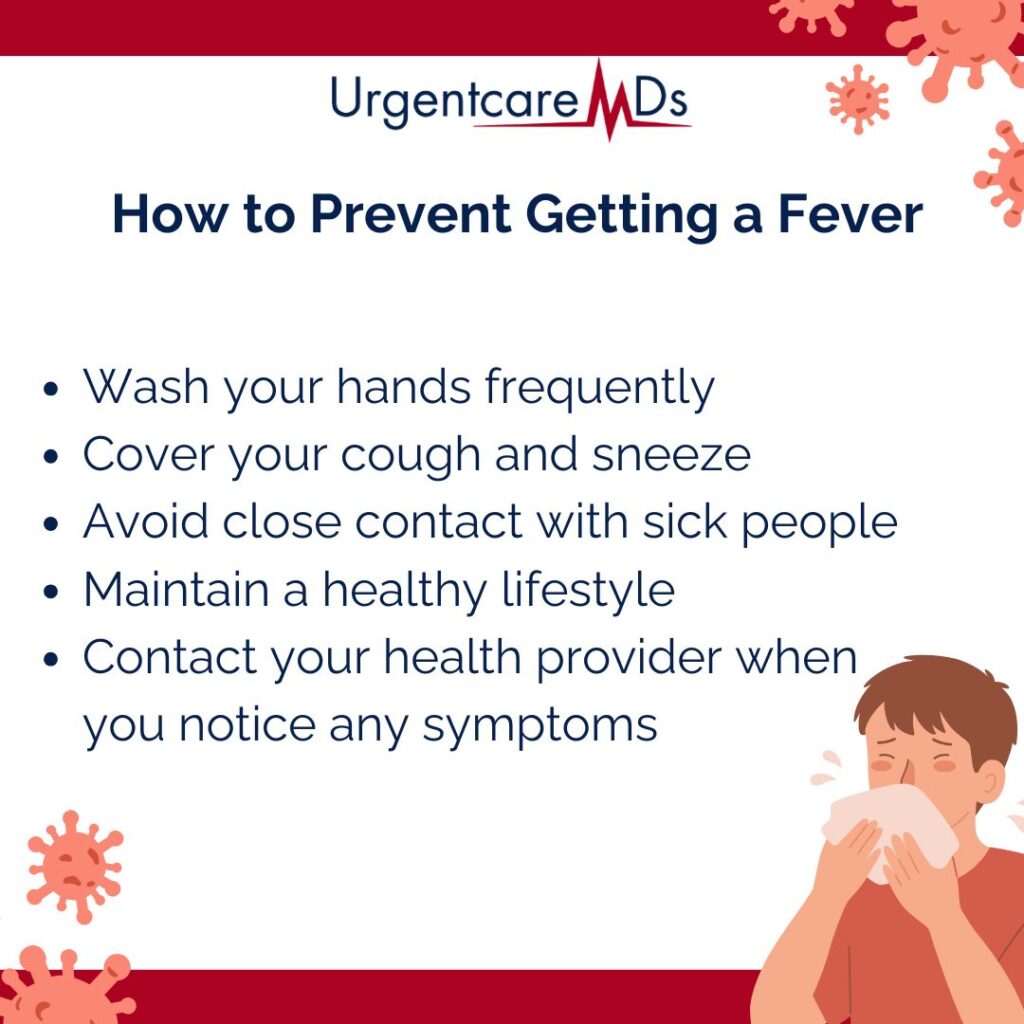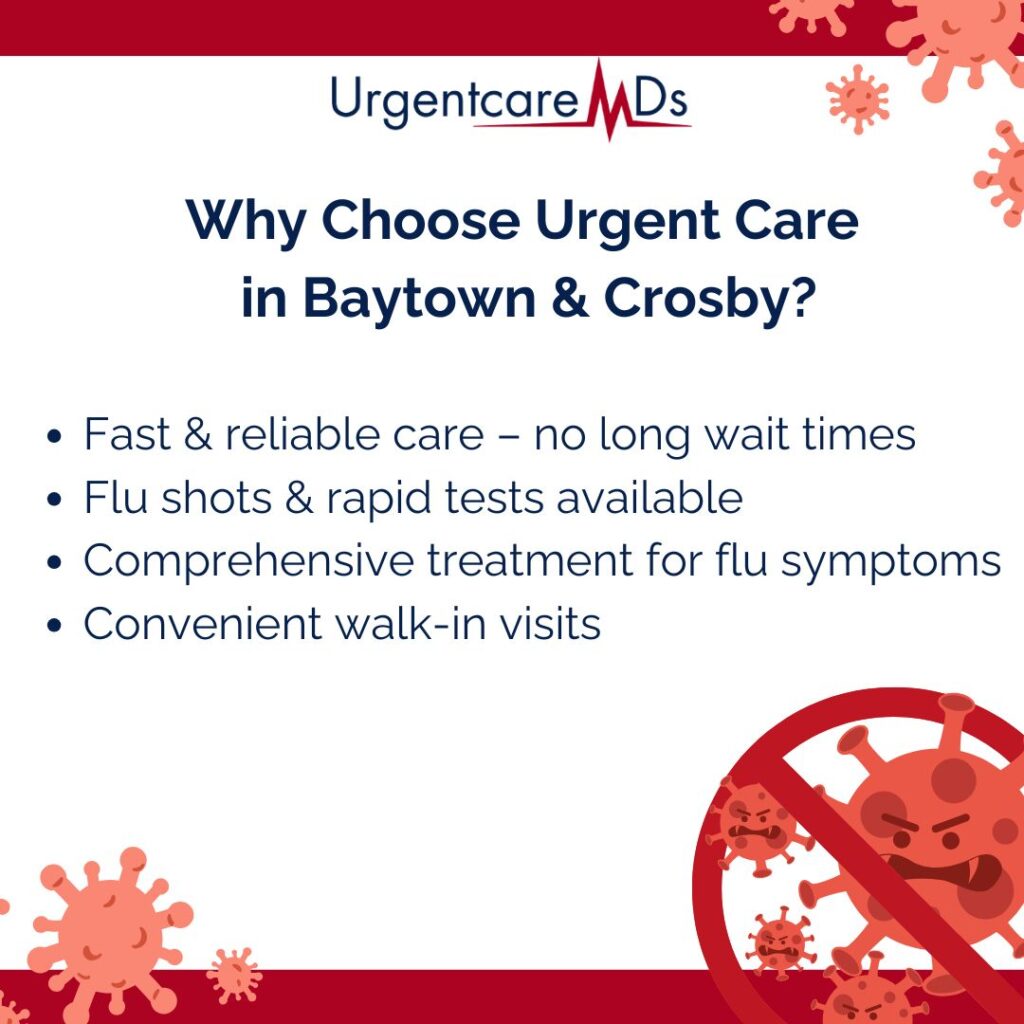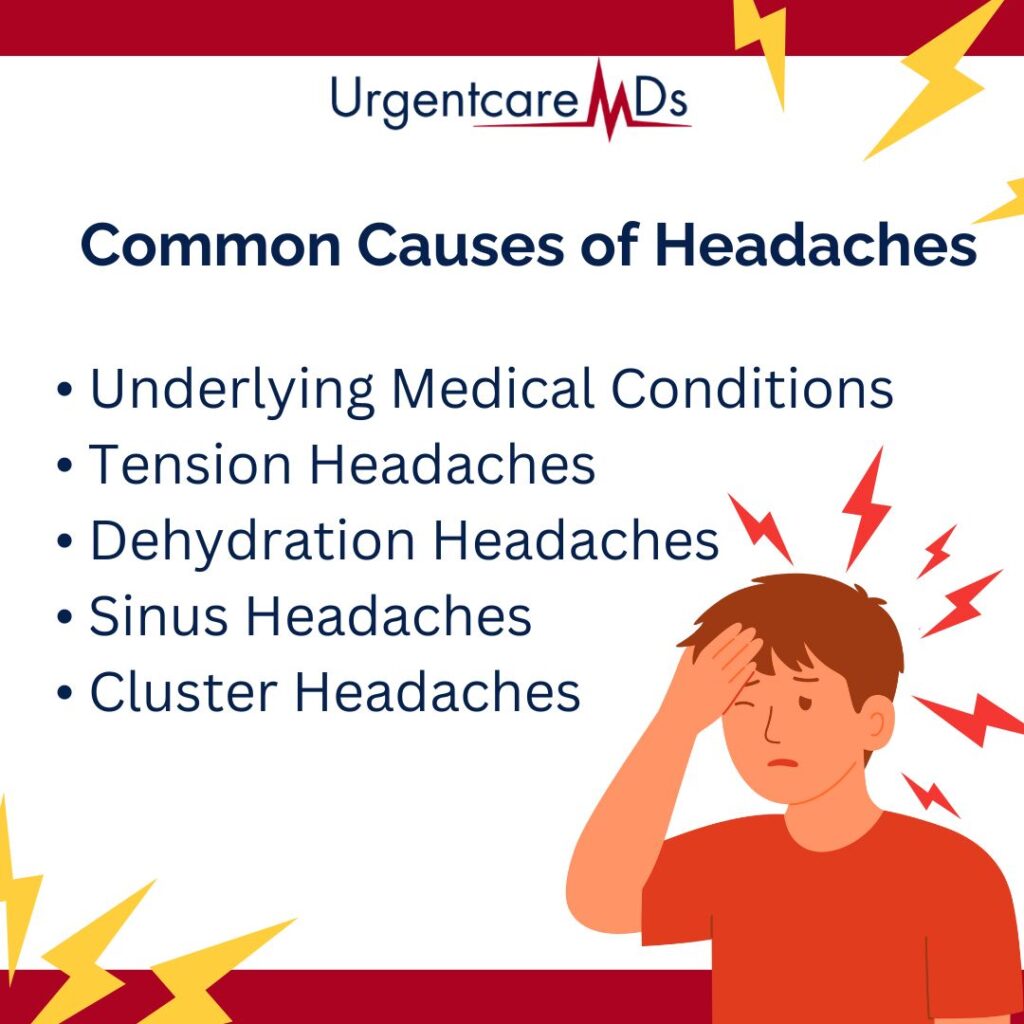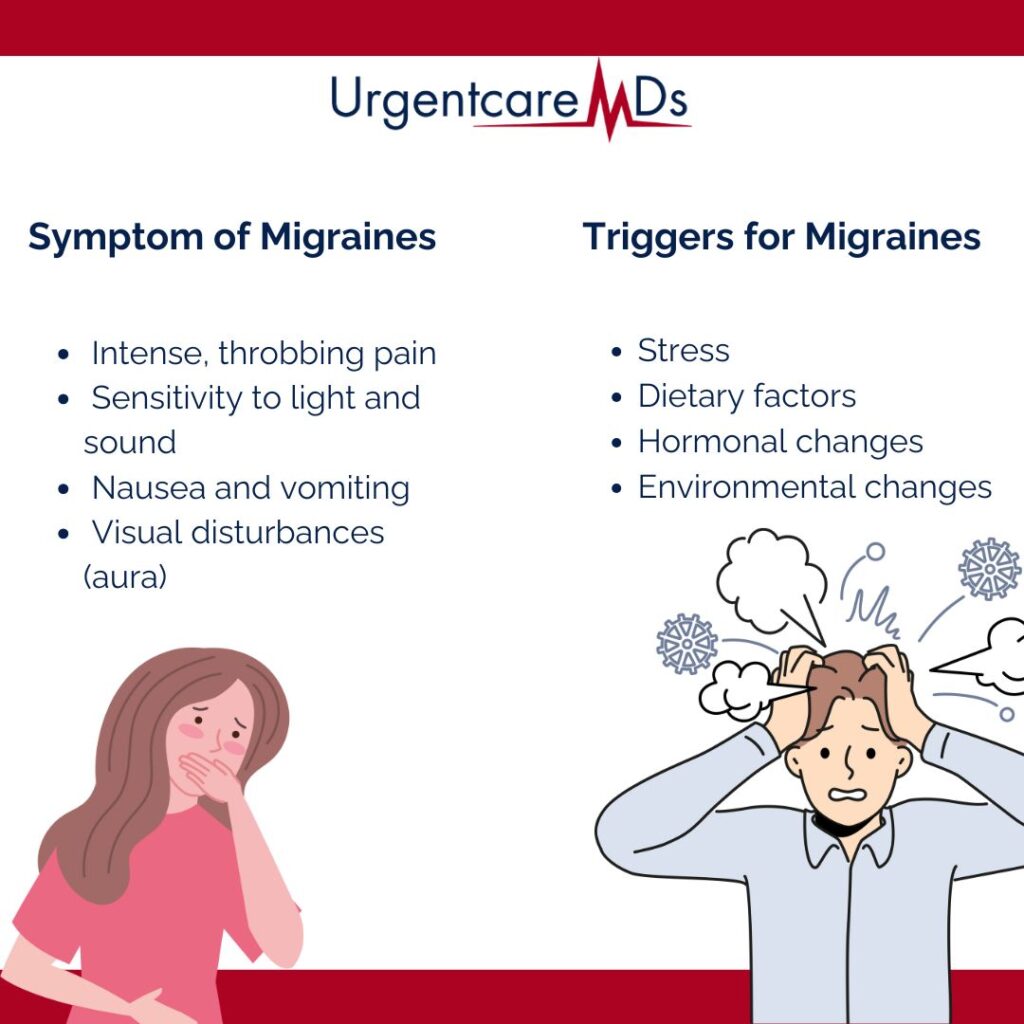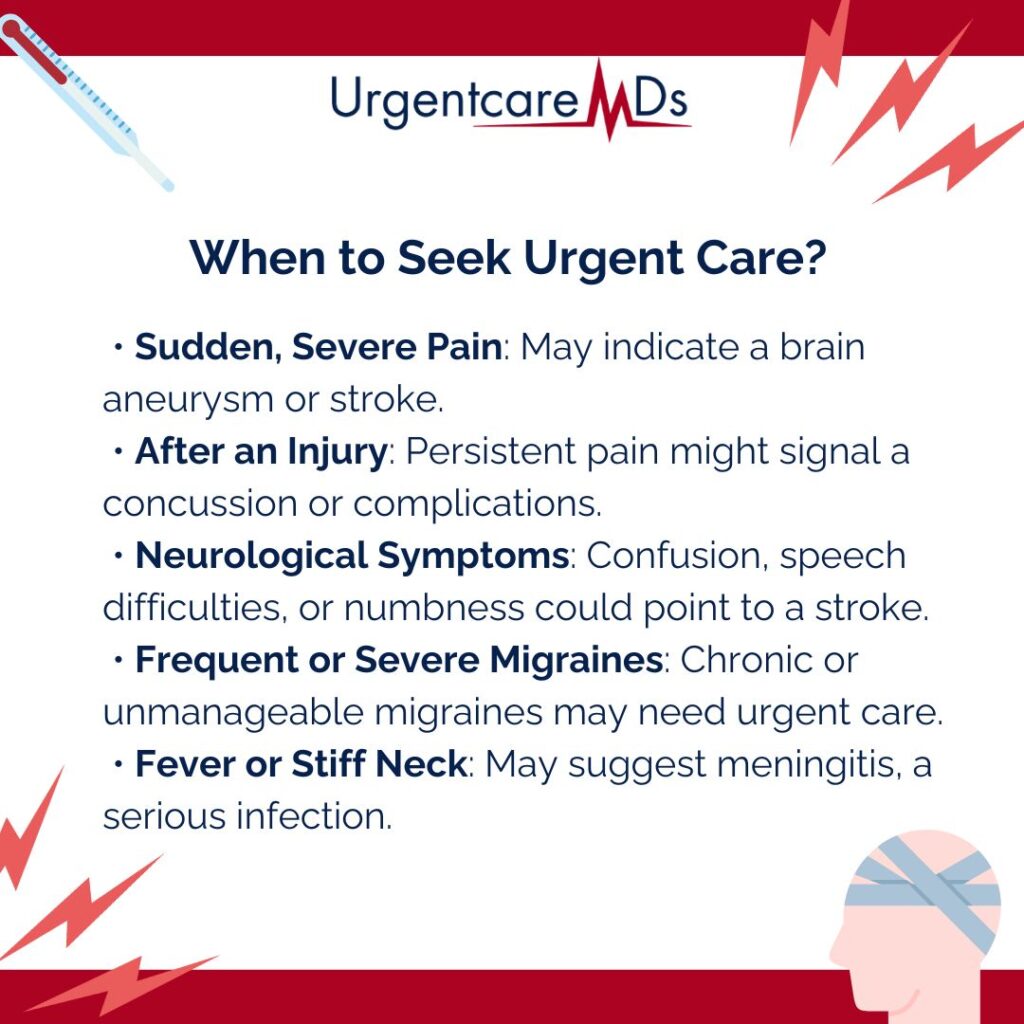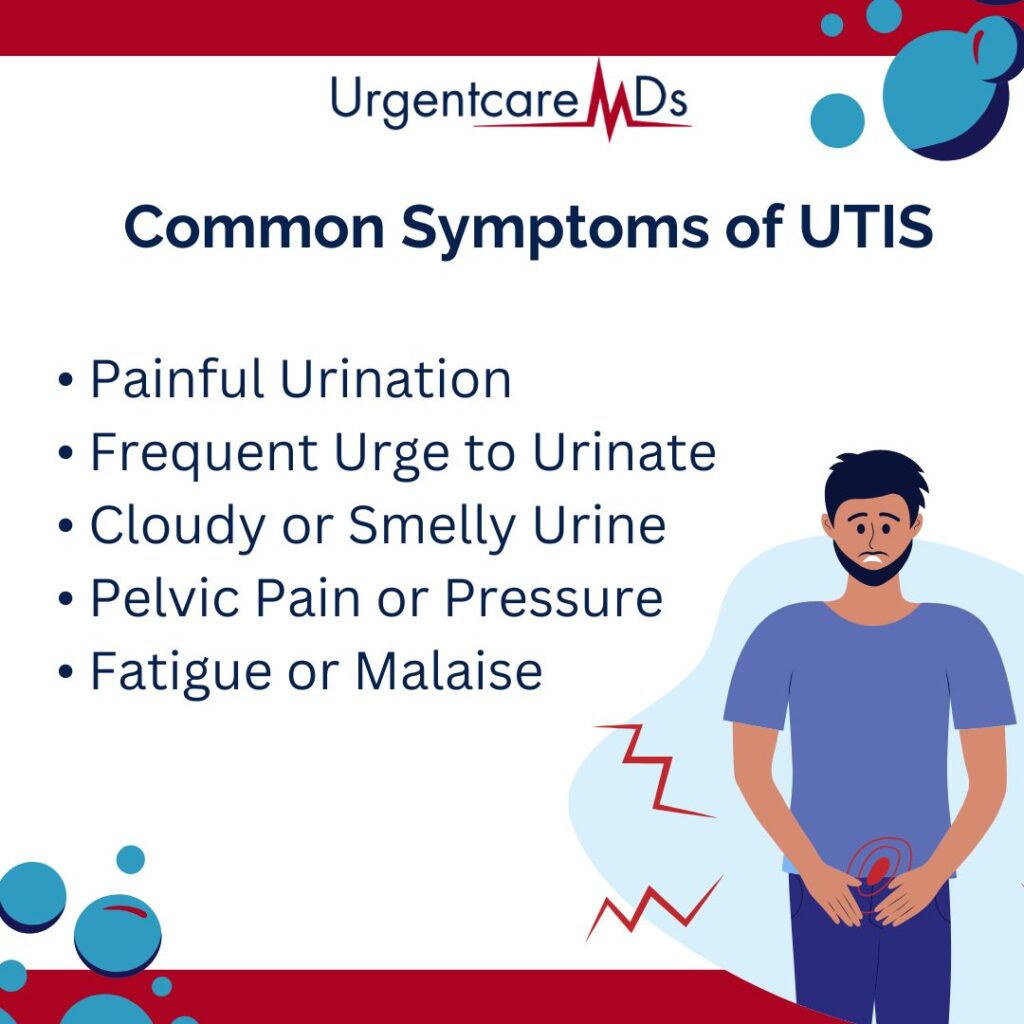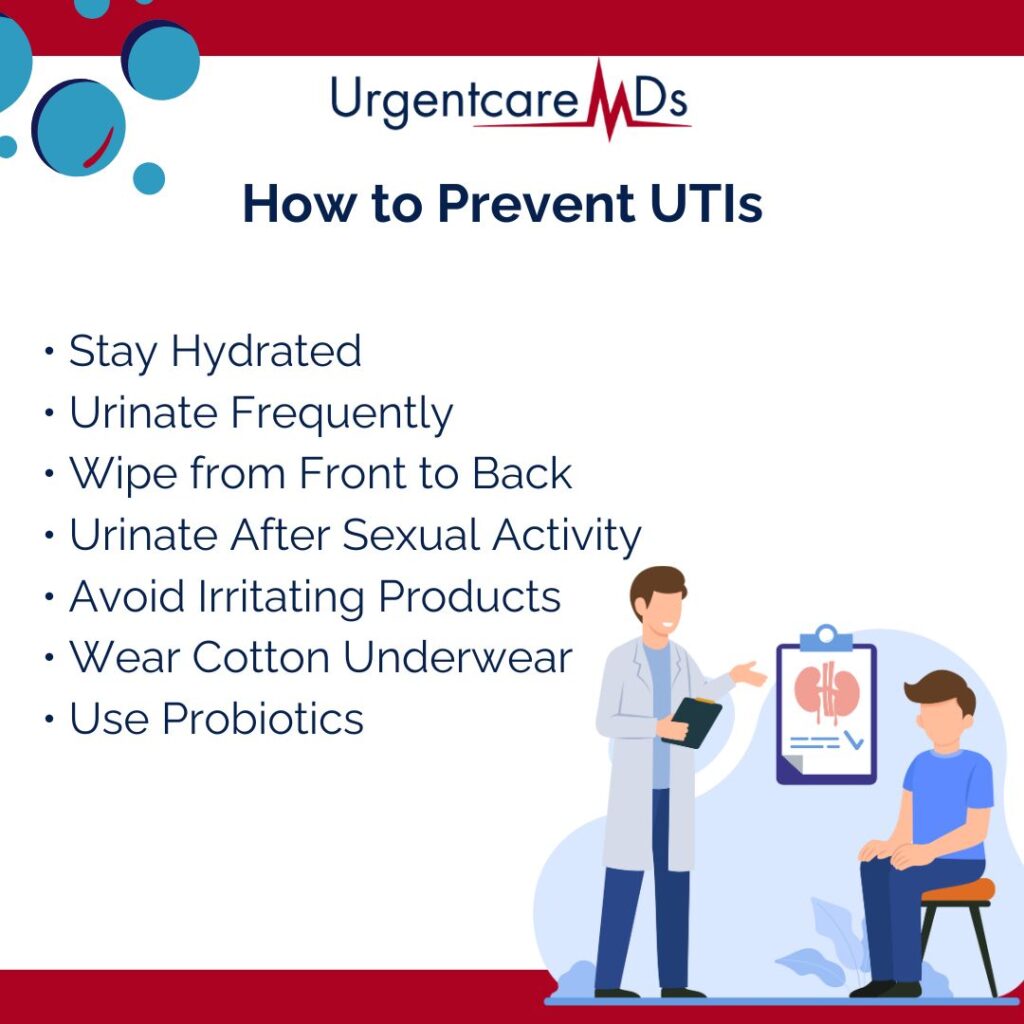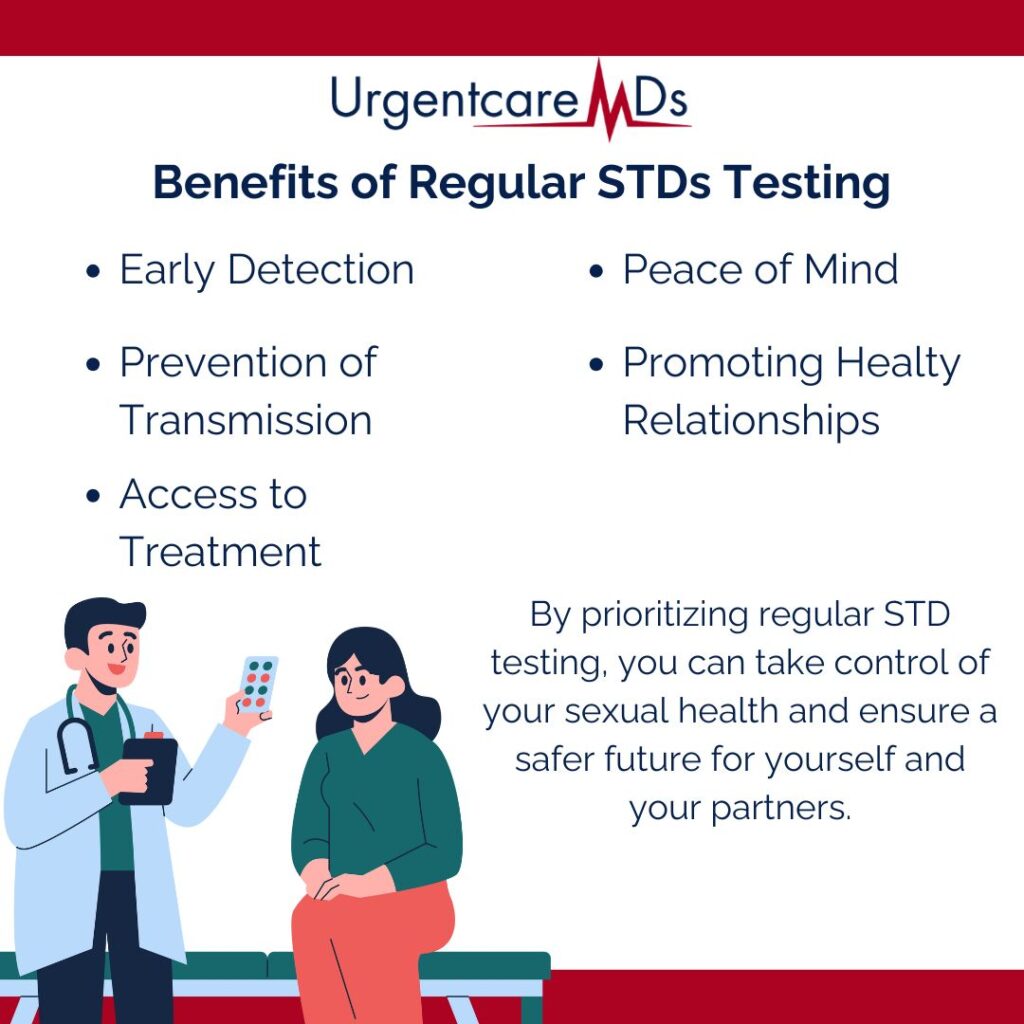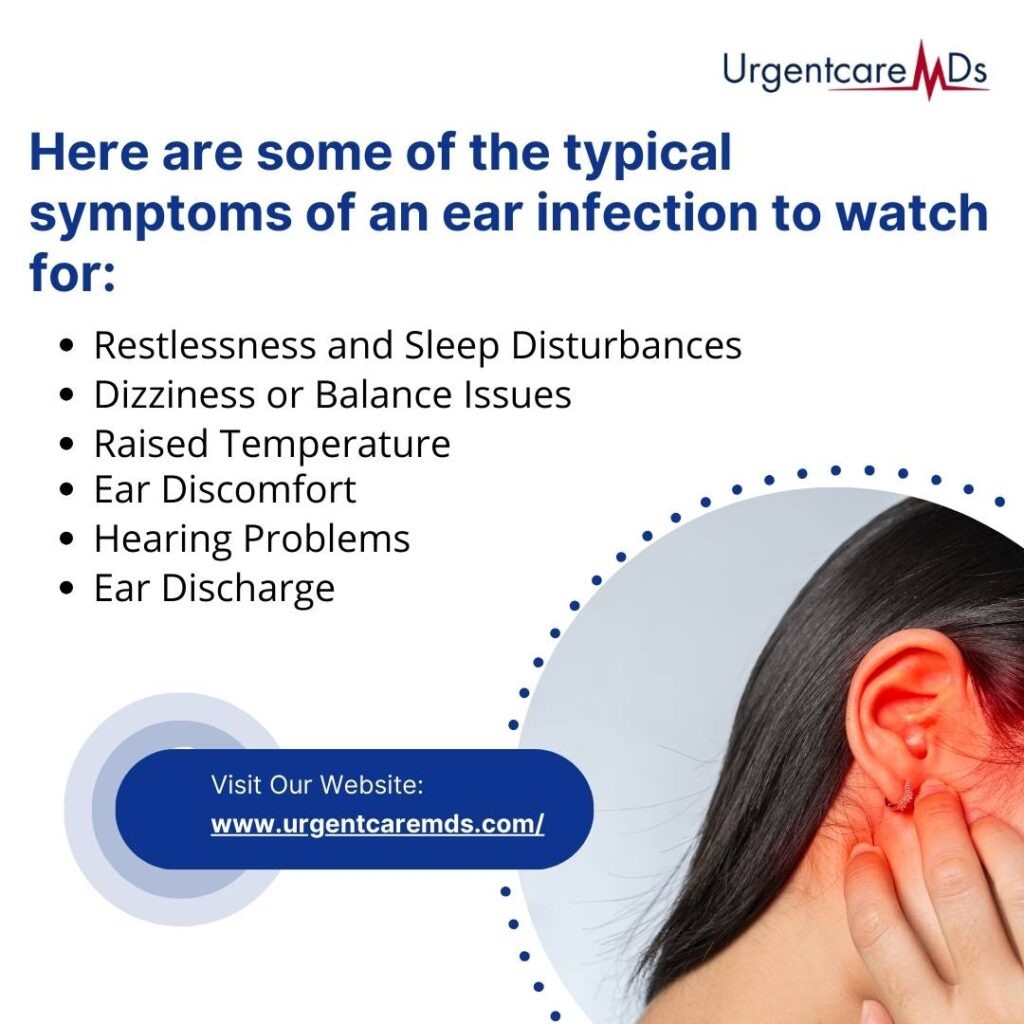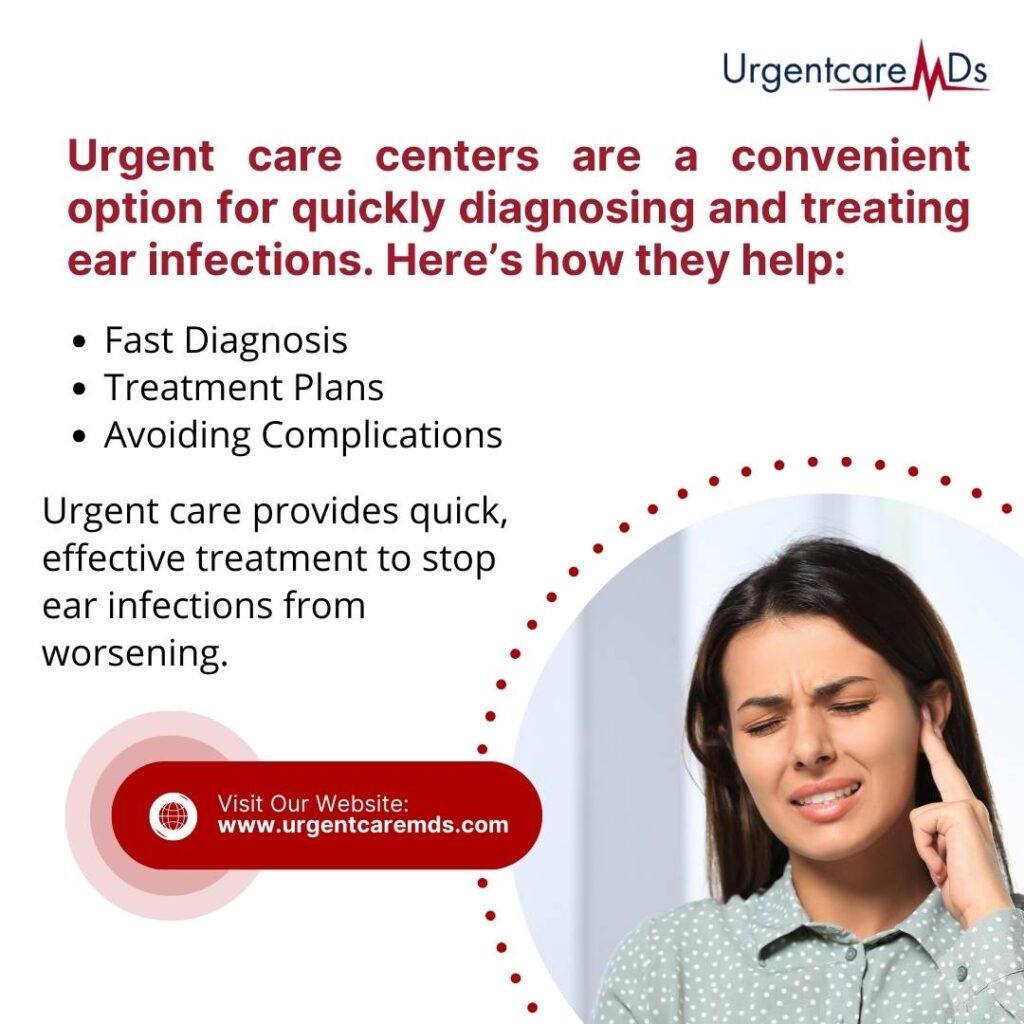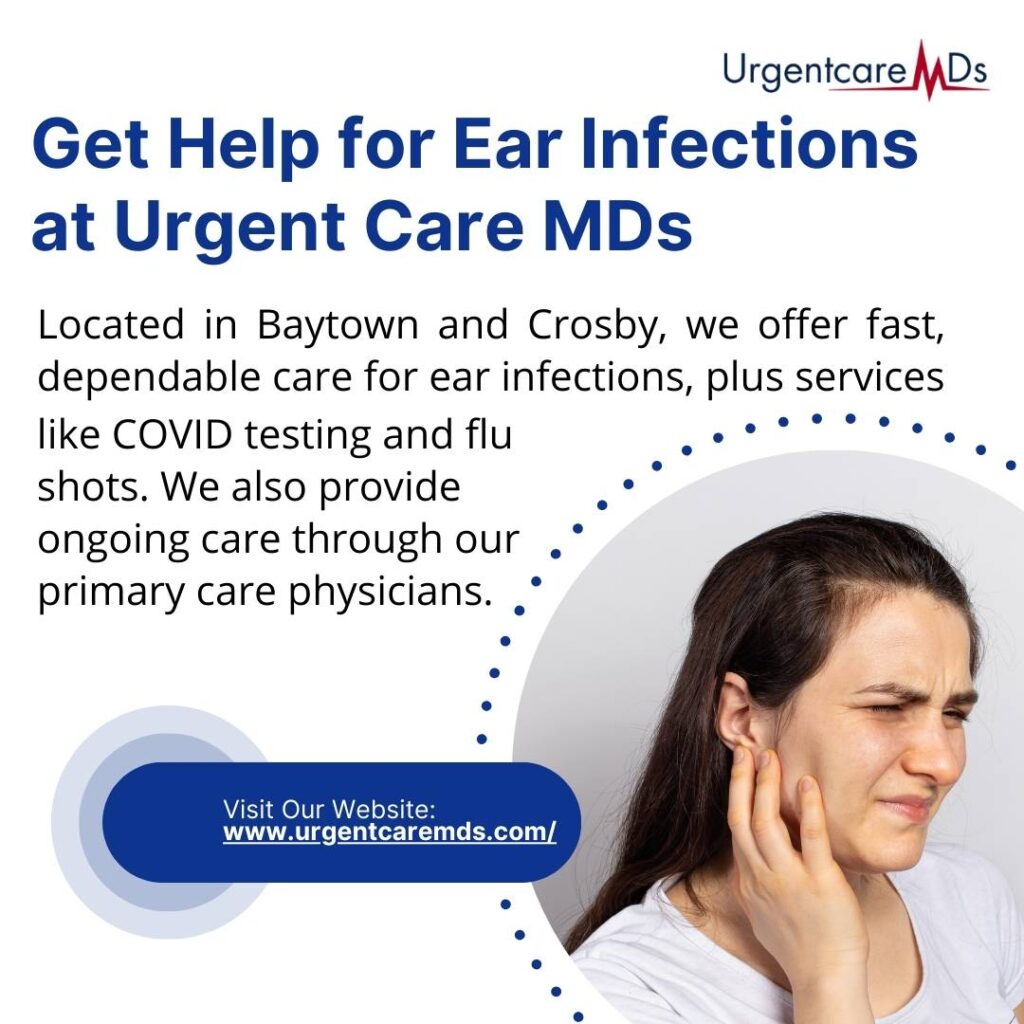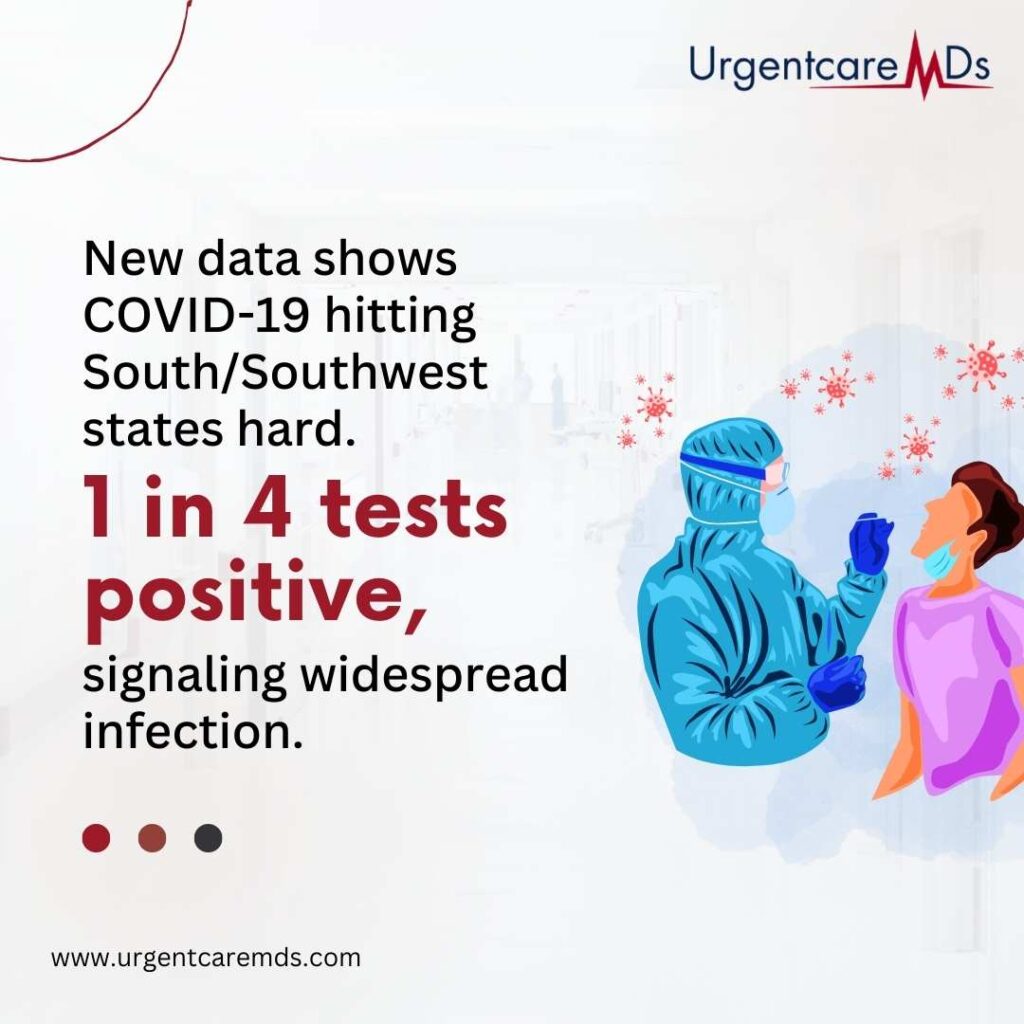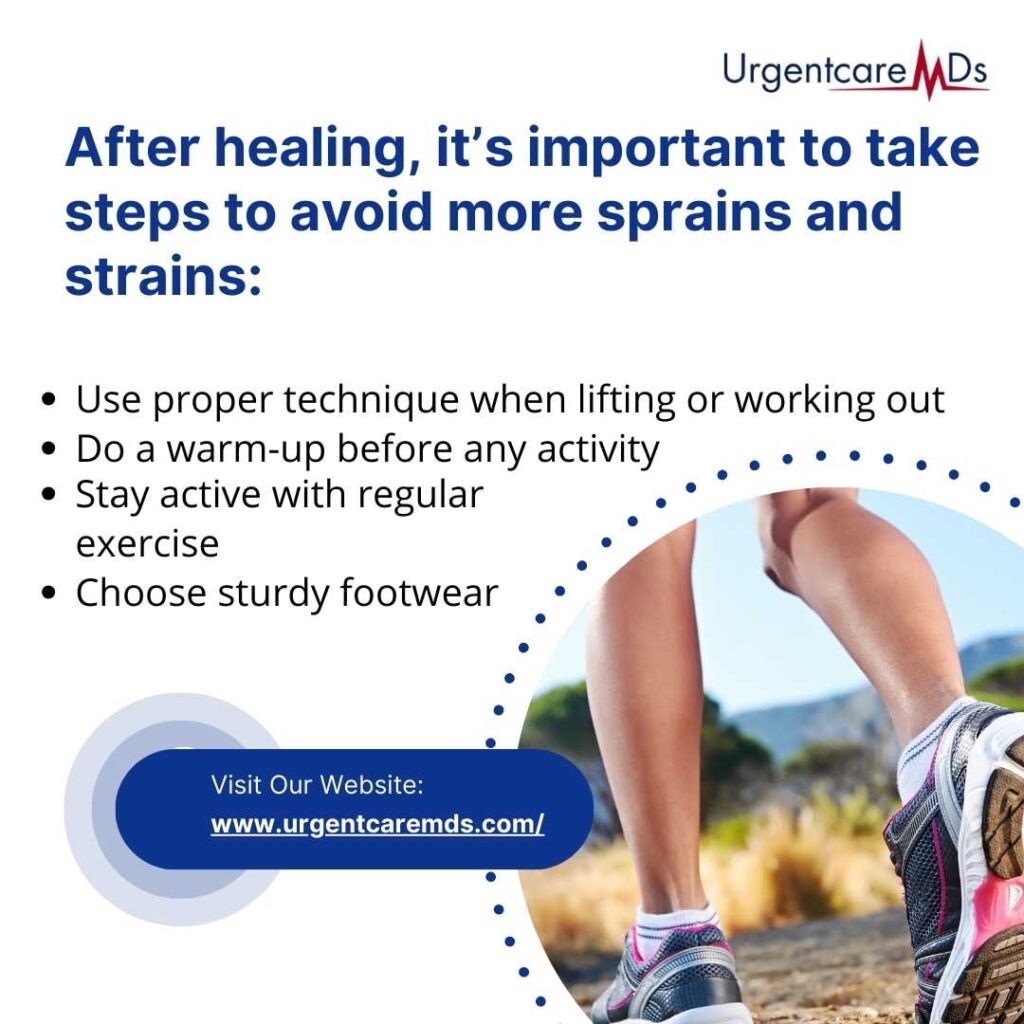How Urgent Care Can Help You with Dermatitis, Shingles, and Other Skin Conditions
Skin conditions are among the most common health concerns, affecting people of all ages. While some issues, like mild rashes or dry skin, can be treated at home, others require medical attention to prevent complications. Conditions such as dermatitis and shingles can cause significant discomfort and, if left untreated, may lead to infections or long-term skin damage. Recognizing when to seek professional care is essential for effective treatment and recovery.
Urgent care centers provide a fast and convenient solution for a wide range of skin conditions, offering diagnosis and treatment without the long wait times associated with primary care or dermatology appointments. Whether dealing with an itchy rash, a painful outbreak of shingles, or an unexplained skin reaction, visiting an urgent care clinic can ensure timely intervention and relief.
In this article, we will explore some of the most common skin conditions that urgent care can treat, the symptoms of dermatitis and shingles, available treatment options, and the benefits of seeking prompt medical attention.
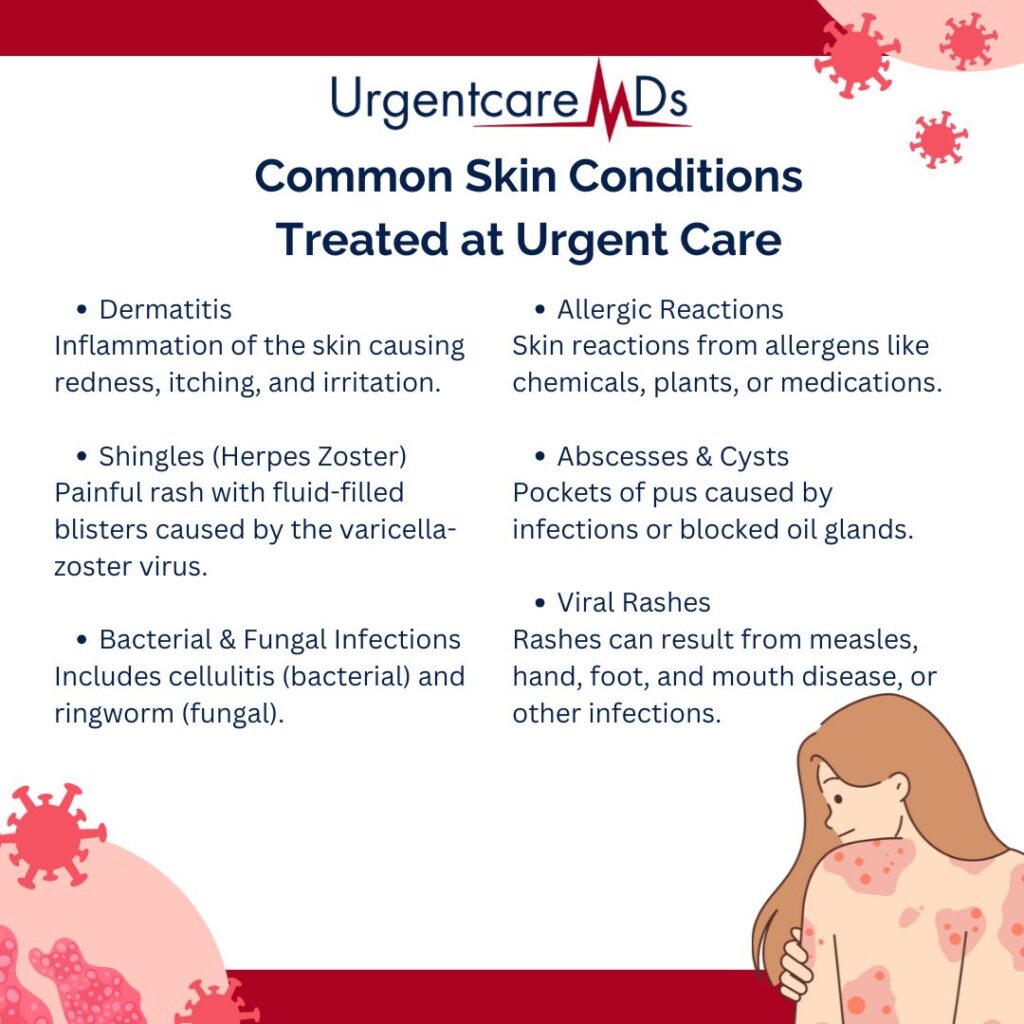
Common Skin Conditions Treated at Urgent Care
Urgent care facilities are equipped to handle a variety of skin conditions, from mild irritations to infections that require medical intervention. Some of the most frequently treated conditions include dermatitis, shingles, bacterial and fungal infections, allergic reactions, and abscesses.
Dermatitis: Causes and Symptoms
Dermatitis is a general term for inflammation of the skin, leading to redness, itching, and irritation. It can be triggered by allergies, irritants, or underlying health conditions. The three most common types are atopic dermatitis (eczema), contact dermatitis, and seborrheic dermatitis.
Atopic dermatitis:
A chronic condition that causes dry, inflamed, and itchy skin. It often appears in childhood but can persist into adulthood.
Contact dermatitis:
Develops when the skin reacts to allergens or irritants, such as harsh soaps, chemicals, or plants like poison ivy.
Seborrheic dermatitis:
It is characterized by scaly patches and redness, commonly affecting the scalp, face, and upper chest.
Symptoms of dermatitis can range from mild itching and redness to severe flare-ups with cracked or oozing skin. While over-the-counter treatments may help in some cases, persistent or worsening symptoms should be evaluated by a medical professional.
Shingles: A Painful Viral Infection
Shingles, or herpes zoster, is caused by the reactivation of the varicella-zoster virus—the same virus responsible for chickenpox. It presents as a painful rash with fluid-filled blisters, often appearing on one side of the body.
Early symptoms of shingles include tingling, burning, or localized pain before the rash appears. Once the blisters develop, they eventually dry up and form scabs. Without treatment, shingles can lead to complications such as postherpetic neuralgia, a chronic nerve pain that can persist for months or even years.
Other Skin Conditions That Require Medical Attention
Urgent care clinics also treat various bacterial, viral, and fungal infections, including cellulitis, ringworm, and viral rashes caused by conditions like measles or hand-foot-and-mouth disease. Additionally, they can provide care for allergic reactions, cysts, abscesses, and unexplained rashes.

How Urgent Care Diagnoses and Treats Skin Conditions
When visiting an urgent care center for a skin condition, the healthcare provider will assess the affected area, ask about symptoms and possible triggers, and may perform tests if necessary. Diagnosis is usually based on a physical examination, though in some cases, additional testing—such as a skin swab or patch test—may be required.
Treatment Options for Dermatitis
For dermatitis treatment, urgent care providers typically recommend:
- Topical corticosteroids to reduce inflammation and itching.
- Antihistamines to relieve allergic reactions.
- Moisturizers to restore the skin barrier and prevent flare-ups.
- Avoidance of triggers to prevent recurrent irritation.
In severe cases, oral medications or prescription-strength creams may be necessary.
Shingles Treatment at Urgent Care
Shingles requires prompt medical attention to prevent complications. Shingles treatment often includes:
- Antiviral medications (acyclovir, valacyclovir) to shorten the duration of the outbreak.
- Pain relievers to manage discomfort.
- Cool compresses to soothe the affected skin.
Early treatment is crucial, as antiviral medications work best when taken within the first 72 hours of symptom onset.
Treatment for Other Skin Conditions
- Bacterial infections like cellulitis require antibiotics.
- Fungal infections such as athlete’s foot or ringworm are treated with antifungal creams or oral medications.
- Abscesses and cysts may need to be drained to prevent further infection.
By seeking urgent care for skin issues, patients can receive timely treatment and avoid unnecessary complications.
The Benefits of Seeking Urgent Care for Skin Conditions
Ignoring skin conditions can lead to worsening symptoms, infections, or long-term skin damage. Seeking treatment at an urgent care center offers several advantages:
Immediate relief:
Quick diagnosis and treatment help prevent conditions from escalating.
Convenience:
No need to wait weeks for an appointment with a primary care physician.
Affordable care:
More cost-effective than visiting an emergency room.
Comprehensive services:
Urgent care providers can address multiple health concerns in one visit.
For those experiencing painful rashes, infections, or allergic reactions, urgent care centers provide a fast and effective solution.
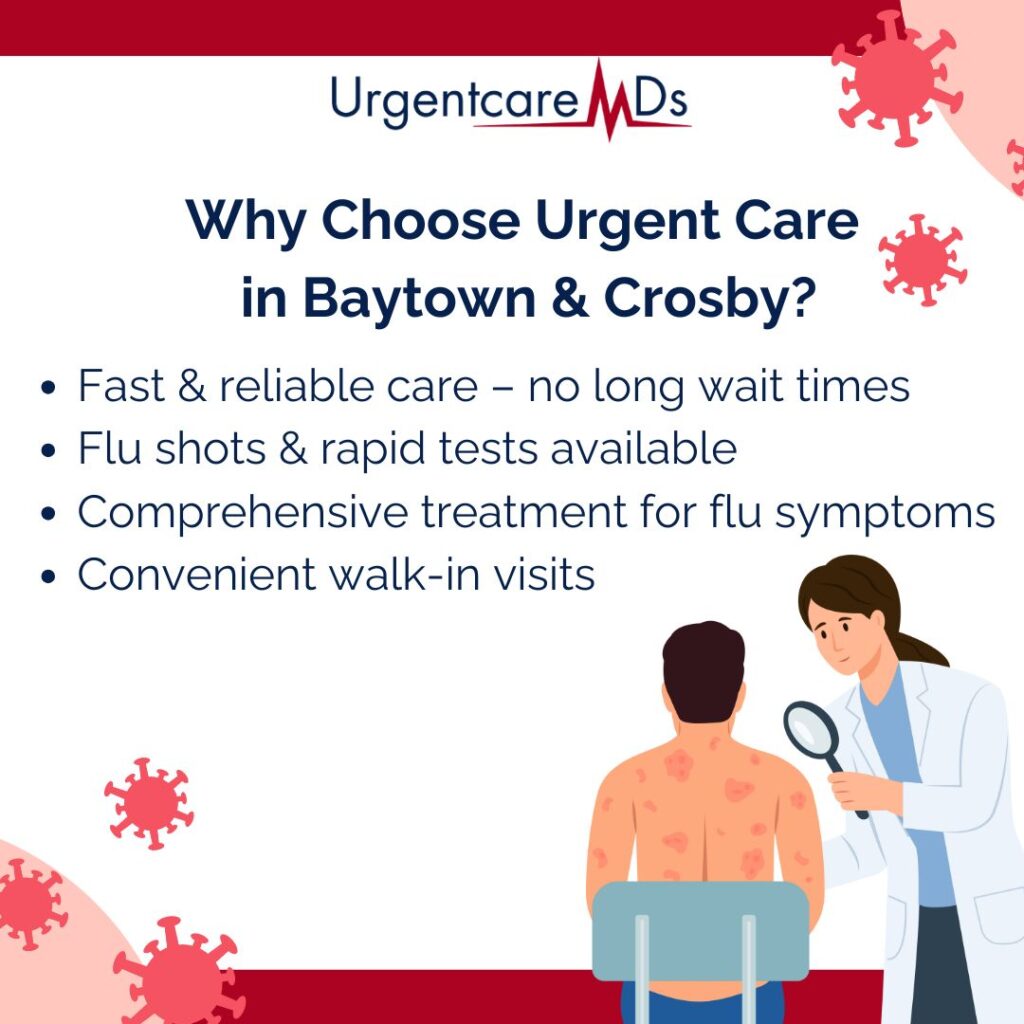
Why Choose Urgent Care MDs for Skin Condition Treatment?
When dealing with dermatitis treatment, shingles treatment, or other skin concerns, choosing the right healthcare provider is essential. At Urgent Care MDs, we prioritize high-quality, patient-centered care with minimal wait times. Our skilled medical team is equipped to diagnose and treat a variety of skin conditions, ensuring that you receive prompt and effective treatment.
With multiple locations, including Urgent Care Baytown and Urgent Care Crosby, accessing care has never been easier. We also coordinate with primary care physicians in Baytown, TX, ensuring that patients receive ongoing care when needed.
Get Fast, Effective Treatment for Skin Conditions Today!
If you’re struggling with dermatitis, shingles, or another skin condition, don’t wait for symptoms to worsen. Contact Urgent Care MDs for expert care and relief. Whether you need urgent care for skin concerns or want to learn more about available treatments, our team is here to help.
***
The material contained on this site is for informational purposes only and DOES NOT CONSTITUTE THE PROVIDING OF MEDICAL ADVICE, and is not intended to be a substitute for independent professional medical judgment, advice, diagnosis, or treatment. Always seek the advice of your physician or other qualified healthcare providers with any questions or concerns you may have regarding your health.




